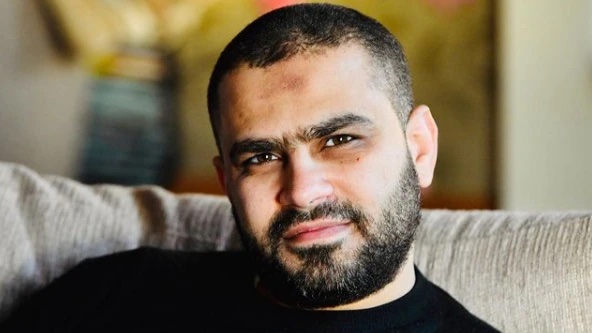March 24, 2021

Distinguished Ambassadors of the Convention against Torture Initiative,
We, the undersigned organisations, write to bring to your attention concerning developments that took place in Morocco, one of the Convention against Torture Initiative (CTI) Core States, which have endangered Australian-Saudi citizen Osama Al Hasani, now disappeared in Saudi Arabia.
We commend your commitment and successes in advancing towards the universal ratification of the UN Convention against Torture and its effective implementation. While we are aware that the CTI operates in a constructive manner, on the basis that “no State has a perfect record”, we believe that states’ genuine commitment in good faith is essential to abolish the practice of torture worldwide. As such, we would like to share our deepest concerns over the following:
On February 8, 2021, Australian-Saudi citizen Osama Al Hasani was arrested in Morocco on the basis of an extradition request by Saudi Arabia. His case was brought before the Moroccan Court of Cassation, which ruled in favour of the extradition on March 10, despite the defendant’s lawyer having raised the risks of torture he would face if returned to Saudi Arabia, where this practice is widespread and systematic. The same day, the head of government promptly ratified the execution order while extradition proceedings normally take weeks before being implemented. On March 12, the United Nations Committee against Torture (CAT) requested Morocco to take interim measures by suspending the extradition pending the review of his case on the potential violation of the principle of non-refoulement by Morocco. The following day, the Moroccan authorities responded to the CAT that they had just proceeded to the extradition of Mr Al Hasani at 2.45 a.m., allegedly “before the competent Moroccan authorities could consider the Committee’s verbal note”. We believe this to be grossly complacent, as Fridays are working days in Morocco.
We also wish to highlight that Mr Al Hasani was not informed of the court’s decision to extradite him and that he has been enforcedly disappeared since his wife last visited him in Tiflet prison, Morocco, on March 11. His extradition was carried out in secret, in the middle of the night, without his wife or lawyer being informed. Of additional concern is the fact that his wife was later informed that he had in fact been transferred to the Saudi embassy in Rabat, instead of being brought to the airport. To this day, Mr Al Hasani remains disappeared in Saudi Arabia, with grave concerns for his safety and wellbeing.
Without prejudicing the decision that will be adopted by the CAT on whether Morocco violated article 3 of the Convention against Torture (UNCAT), we believe that the authorities could not ignore the risks of torture and enforced disappearance he would face upon extradition. As abovementioned, these risks were raised during the hearing before the Court of Cassation, and widely reported on in the media. We find the promptness with which the Court of Cassation’s decision was ratified by the Prime Minister, and the opaque circumstances surrounding Mr Al Hasani’s extradition, to be alarming.
We believe this recent development indicates serious setbacks in the implementation of the UN Convention against Torture by Morocco:
In 2015, in a similar case of a person facing deportation from Morocco to Saudi Arabia, the Moroccan authorities did take the necessary steps to halt the enforcement of the extradition pending the review of his case by the CAT in accordance with their treaty obligations. The authorities eventually implemented the CAT’s decision issued in August 2016 – ruling that the extradition would constitute a violation of Morocco’s obligations under article 3 UNCAT – by releasing the victim. In addition, over the past years, Morocco took a number of positive steps, including through the ratification of the Optional Protocol to the UNCAT, and the establishment of a national preventive mechanism in 2018, one of the very few countries in the region to have done so.
The case of Mr Al Hasani therefore stands in contrast to these previous positive measures and is indicative of a sharp deterioration of the human rights situation in Morocco. In light of the above, we, the undersigned, urge you to raise the matter with the Moroccan authorities, to ensure the effective implementation of the UNCAT, and the respect of the spirit of the CTI.
Best regards,
Signatories:
ACAT-France
ALQST for Human Rights
Association Marocaine des Droits Humains (AMDH)
European Saudi Organization for Human Rights (ESOHR)
Freedom Initiative
MENA Rights Group
Reprieve
Saudi American Justice Project






